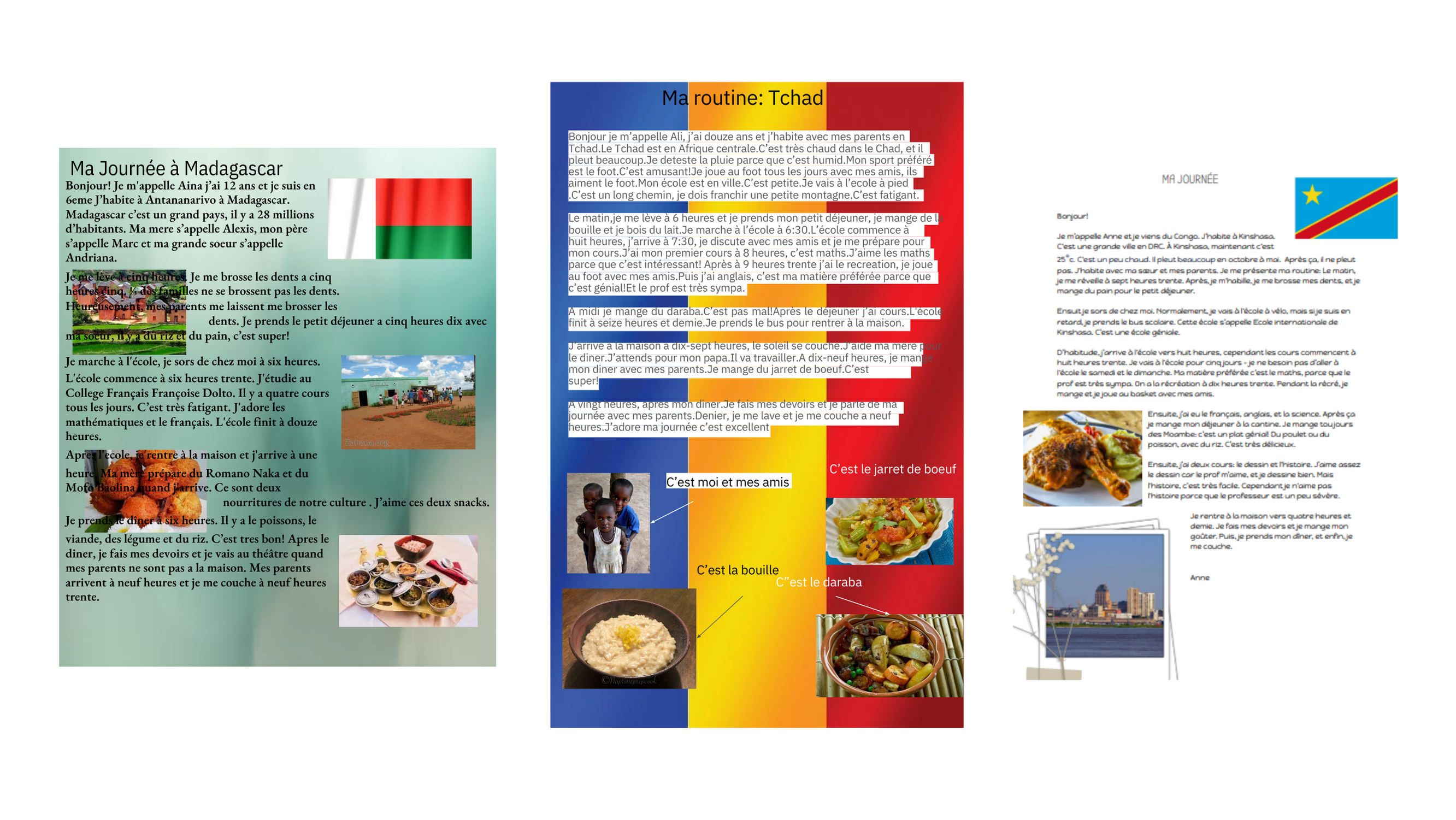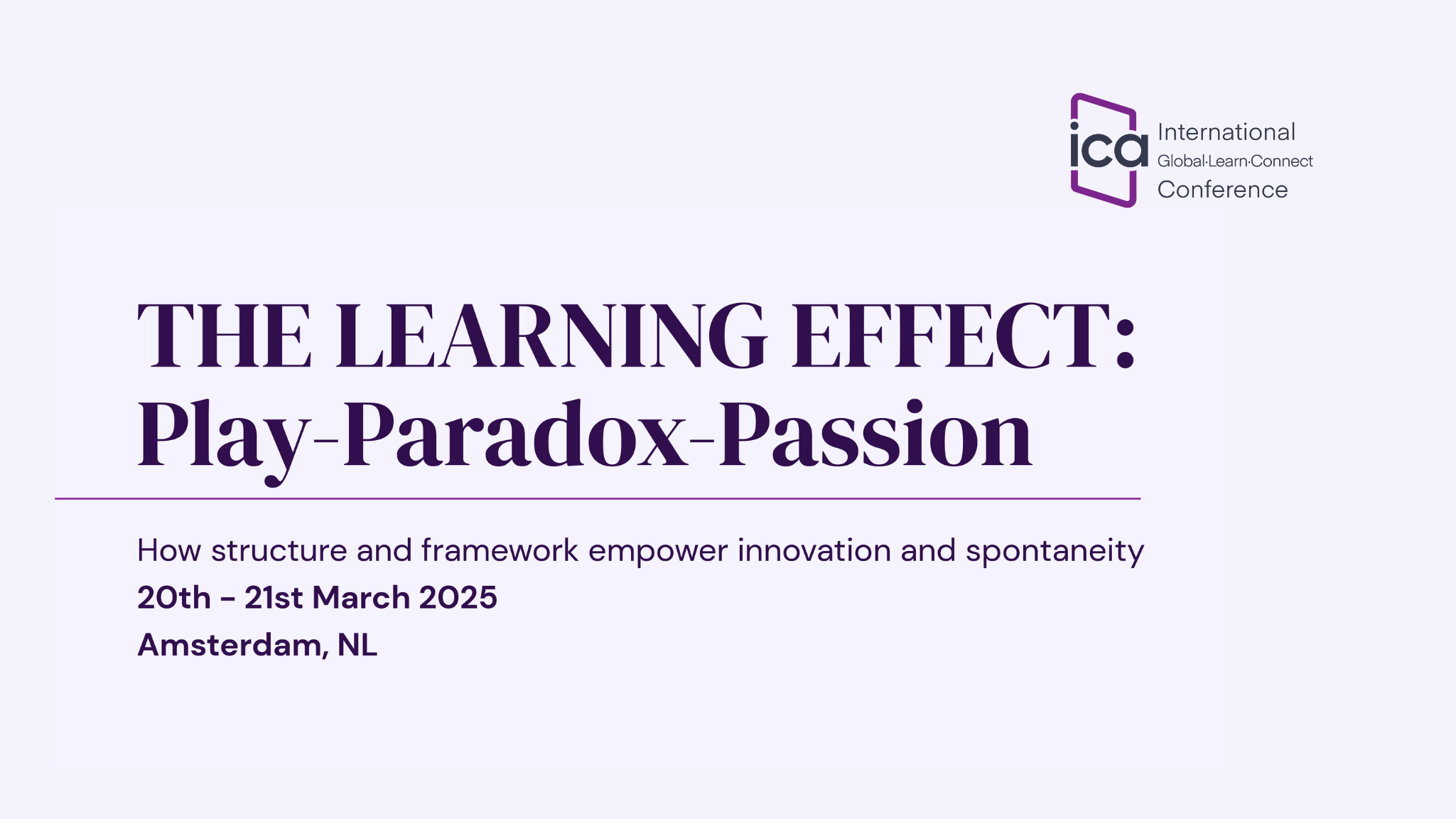When we first introduced the International Middle Years Curriculum (IMYC) at French International School for our future Year 7 cohort, we were going through a phase of online learning in our school. Faced with such a hurdle and no unit plans for World Languages, it was immediately met with ‘the curriculum doesn’t apply to us’ and ‘how can we do this?’ Determined to make it work and to build on the excellent work done at the International Early Years Curriculum (IEYC) and International Primary Curriculum (IPC), we focused on how we could make the curriculum work following the Big Ideas alongside our fellow departments.
The IMYC World Languages Learning Goals already aligned with our current practice so the question of how we deliver the curriculum was our main issue.
As teachers, we had decided democratically on the Big Ideas so it became a question of how we match topics to cover a thorough curriculum for our learners.
We took all topics traditionally covered in KS3, completely rearranged and adapted them to be able to provide a rigorous curriculum.
We began with the Big Idea of ‘Adaptability’. As a French school, the language is compulsory for all and we have 4 levels of learners in each cohort Standard, Intermediate, Higher, and Advanced. Standard is for beginners, Intermediate and Higher for those who have studied French in Primary School, achieving a level equivalent to traditional Year 8 or 9 students and Advanced is typically for native speakers. At that time, Mandarin was taught at 2 levels; Foreign Language and Second Language. We now also have a First Language Mandarin class. Spanish is beginner-level for all students in Year 7.
As a department, we agreed that the topic of ‘School Life’ would be ideal for everybody and fit well with the Big Idea of Adaptability. New learners of French, Spanish, and Mandarin would Adapt to their new language by covering the basics. Intermediate and Higher groups would study school life as they adapt to secondary school and Advanced would begin an introduction to literature by studying texts such as Le Petit Nicolas using Language Arts Learning Goals.
Introducing International Learning Goals is relatively easy for World Languages. Writing from the experience of having taught the intermediate French group, we began by planning our end-of-unit project.
We wanted students to be empathetic whilst also learning about francophone culture and showing off their grammatical knowledge.
Our end-of-unit project was to be a magazine article where students would research a day in the life of a school student in a francophone African country. We modelled the diary entry on a student in Senegal. The results were fantastic. Students chose a country, researched where they would live, chose a traditional name, looked at the food they would eat, and also focused on differences and similarities between their schooling and that of their chosen location. After introducing the project, we encouraged learner agency by asking students to write their assessment rubric which they did with competency, whilst also challenging themselves to include academic rigour.

From a traditional approach, our students now experience Knowledge, Skills, and Understanding via an exciting journey in language learning. Textbooks are gone, consistency is across the board in all three languages, reflection is continuous and our department team teaches and collaborates at all times. Assessment is formative and summative with student input. To mention a few examples, end-of-unit projects include presentations, slam poetry, podcasts, vlogs, pitching products, and creating new resources for peers. Learner agency and metacognition are highly present at all times throughout our units.
We are in our 4th year of delivering the IMYC and our curriculum in World Languages for Years 7 to 9 is exciting, challenging, and constantly developing. At the end of Year 9, our students are ready to begin the International General Certificate of Secondary Education (IGCSE) with a solid language foundation and are learning skills that will serve them well through to the International Baccalaureate Diploma Programme (IBDP) and beyond.


.png)